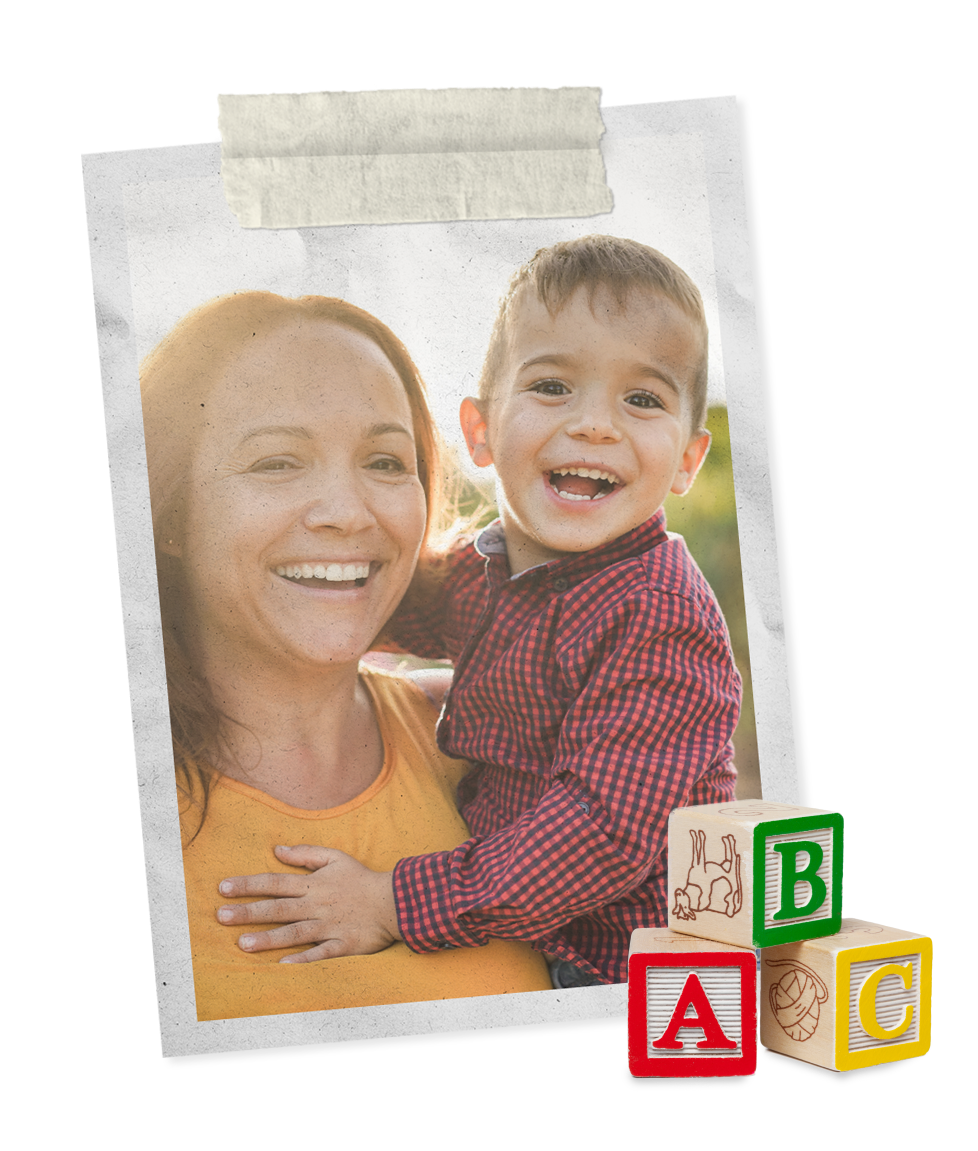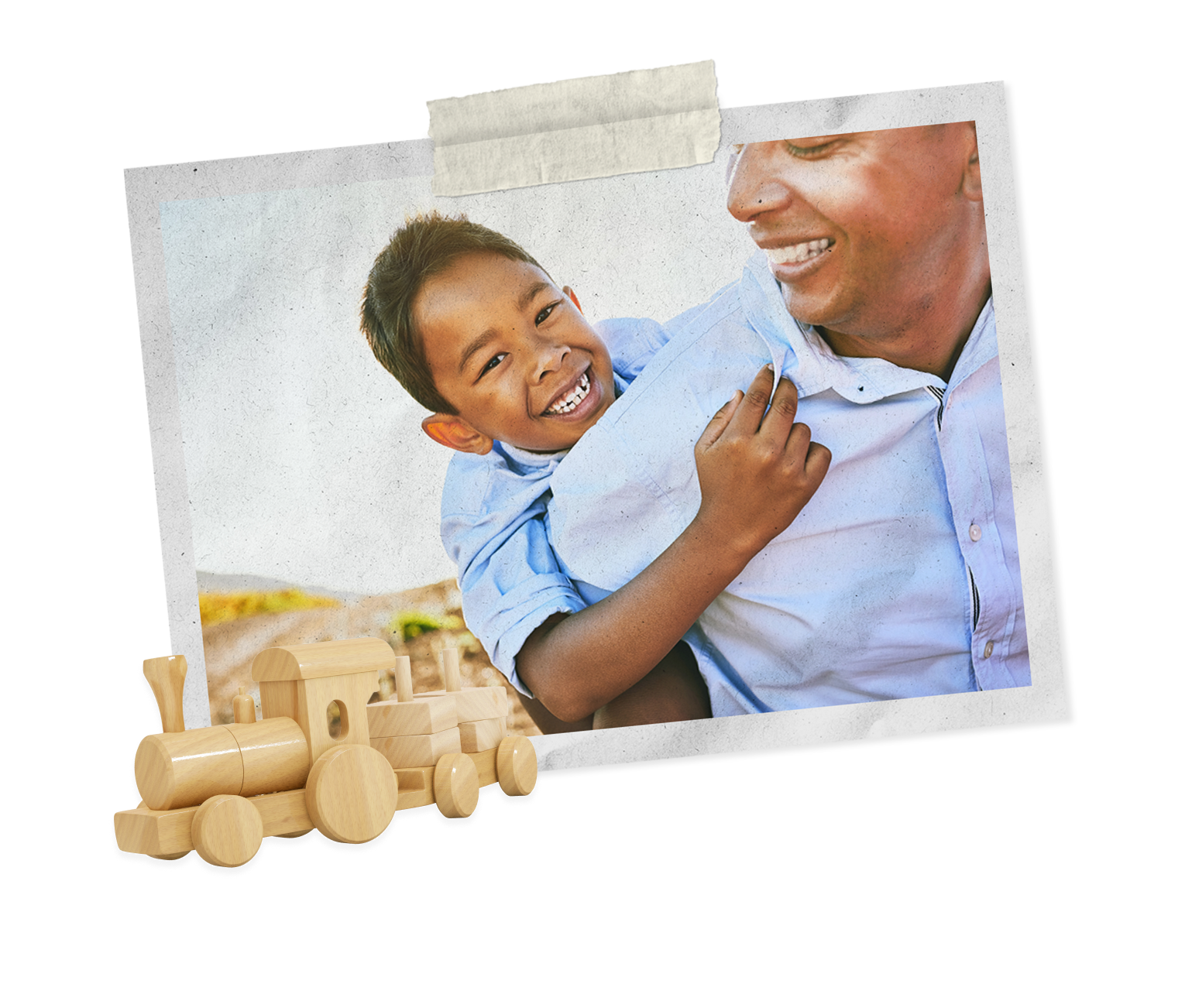We step in at heartbreaking moments. We see families at their worst. We look into young eyes that have lost all hope. And we make it better – one shaky step at a time. It happens through expert support and proven programs. With our behavioral health, foster parenting, kinship care, adoption services and more, we find the best ways through the worst situations.
When behaviors get in the way of progress, we have the services to help. The path to healing starts with evidence-based practices uniquely tailored to each person’s journey. We help families find smoother roads forward through our transformative Behavioral Health Services.




We offer two pathways to foster care – Traditional Foster Care and CK Treatment Foster Care (CKTFC). CKTFC helps children with more complex needs, while Traditional Foster Care ensures a child has a loving foster family to care for them.
Family bonds are strong, and our Kinship Care program makes sure children find comfort and security with a caregiver they know. It could be a grandparent, aunt or uncle, or even an extended family friend. The path to kinship care is often unexpected for a relative, but so are the rewards. We’re here to help.


We have more than two decades of experience performing home study, kinship assessment and adoption readiness reports. Whether you’re looking for an assessment for personal use or a turnkey solution for your organization, we’re here to meet your needs.
We provide a range of adoption services with a focus on getting parents ready and “approved” to adopt children who are in Texas foster care and to support needs that remain after adoption is finalized. This includes both relative or kinship adoption and also unrelated adoption.

